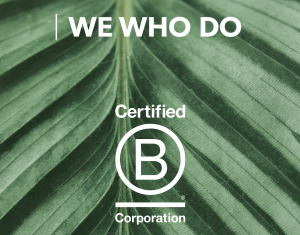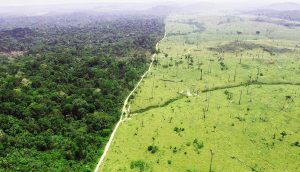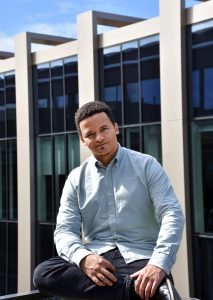In the 115 years since the Wright brothers took to the skies in the very first powered airplane, the concept has evolved a number of times.
First the bi-plane, with its iconic two-tiered wings and propellers. Then, engineers figured out that having a single wing on each side of the vehicle could increase speed and enhance manoeuvrability. From there, the birth of jet engines made aeroplanes faster and less prone to breakdown, and gave the world access to affordable, effective transport.
So what’s next? Have we now reached the pinnacle of airline tech? If the sky is truly the limit, have we already peaked?
The answer to that is, of course, a resounding no.
Winging it
The aviation industry is currently at something of a crossroads. With companies large and small facing challenges ranging from operating costs to environmental concerns, it is quite clear that change is coming. A focus on increased levels of efficiency is required, and that means coming up with solutions to limit carbon emissions while enhancing flight times.
So what’s the answer? Well, for a number of intrepid entrepreneurs, it would seem that the best way to progress is by instigating the next evolution of air travel.
Groups such as the Parsifal Project are leading the way. The organisation’s latest brainchild – a closed-winged aircraft that is considerably more environmentally friend than current aeroplanes – has garnered support from the European Commission, and has attained research funding from the EU. [https://horizon-magazine.eu/article/radical-closed-wing-aircraft-design-could-see-greener-skies-take-flight.html#.WvwARJ5b75k.twitter]
Meanwhile, a concept known as ‘Futuris’ is also making waves. Funded in part by the EU, the plane’s design – complete with a revolutionary wing design that has been crafted by a range of engineers and scientists – promises to assist in removing carbon emissions from both passenger and cargo flights.
A to-scale prototype has already been created, and those involved with the project are confident that they will be able to proceed with the build of a full-size vehicle in the near future. [https://www.youtube.com/watch?time_continue=2&v=UnwTyM5Spyc]
What next?
Of course, change is never quite as simple as just adding in one new element. Other organisations – such as Virgin Atlantic – are currently looking at the viability of using recycled waste as a fuel source, while others have replaced traditional aeroplane engines with helicopter engines to tremendous effect.
The future of the aviation industry is in a state of transition, but that can only be a good thing. Challenges and concerns are the pillars of innovation, after all.
[https://www.theguardian.com/business/2018/oct/03/first-commercial-flight-partly-fuelled-by-recycled-waste-lands-in-uk]
[https://www.wired.com/story/zunum-aero-hybrid-plane-safran-engine/]








